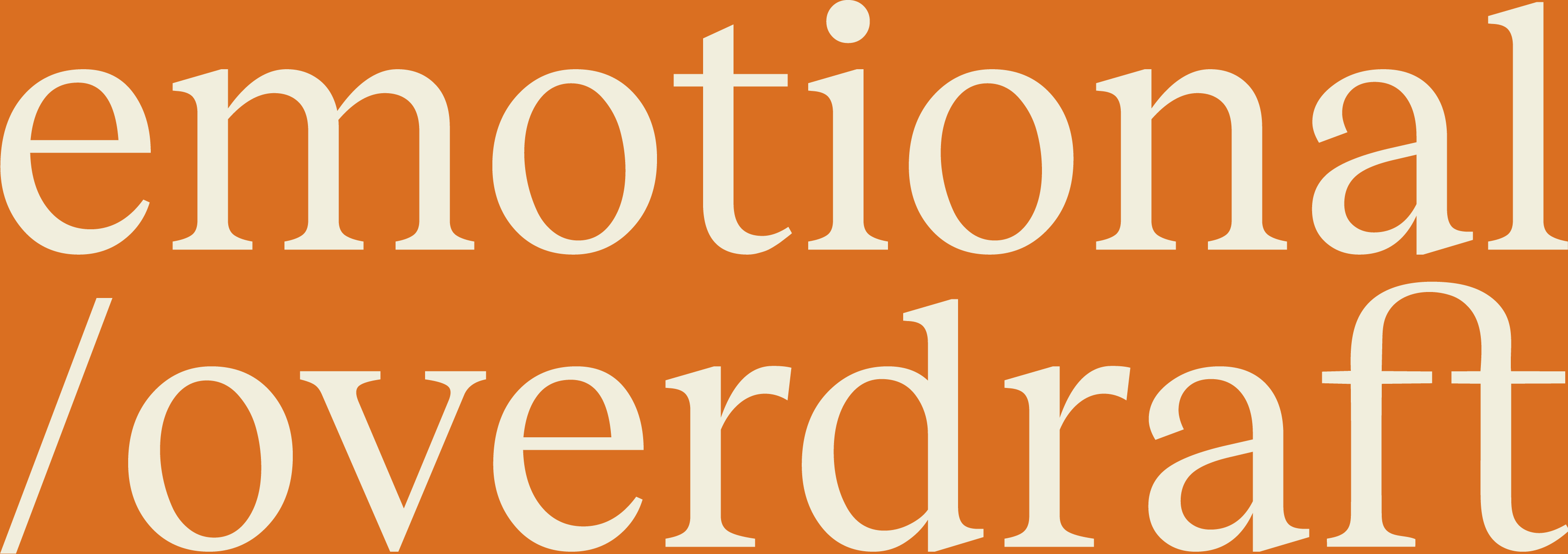Reframe your challenges and find solutions.
You’ve hit a wall. Maybe you had an idea, but it won’t work. You asked for something but were rejected. You tried something, and it failed. The problem is, that often when we imagine how we’ll get something, we start to think it’s the only way to get something.
I was inspired by insights shared by Jason Feifer, Editor-in-Chief of Entrepreneur Magazine in his email One Thing Better, on creating a ‘what can we do’ mindset. Here’s a summary of what he shared:
—
If our original idea doesn’t work out, we assume we’re out of luck. Our way became the only way, and now the only way is no way. Now you feel stuck and frustrated. But this is not the end. You just need to ask yourself an important question:
“What can we do?”
How to get what you want
Think of something you want right now — a certain kind of growth, a job, an achievement, or a connection with a person. Now, ask yourself, “How can I get that?” You probably have a specific plan in mind. But if that plan fails, you might feel stuck.
Instead, ask, “What can we do?” This question opens up a range of possibilities, allowing you to explore alternative paths. It encourages movement, and movement is crucial for discovery and progress. You might not reach your goal exactly as you defined it, but it does mean you can find some action to take.
Applying the mindset: practical steps
- Identify the Challenge: Clearly define the problem or obstacle you’re facing.
- Ask the Right Question: Instead of focusing on what can’t be done, ask, “What can we do?”
- Explore Alternatives: Consider various solutions, even unconventional ones. Brainstorm with your team to generate ideas.
- Take Action: Implement the best alternative and be willing to adapt as you learn from the results.
- Reflect and Iterate: After taking action, evaluate the outcomes and refine your approach as needed.
Jason shared two examples of the ‘What can we do?’ mindset, including a personal experience from his final semester at Clark University in 2002.
He realised he hadn’t completed all the requirements for his English major. It was an oversight, and the department offered zero classes in the needed category that semester. When he asked the department chair if the requirement could be waived, she simply said no.
He panicked and ran to his faculty advisor, Professor Heather Roberts. “I need to graduate,” he told her. “What can I do?”
Heather thought about it and then came up with a solution that hadn’t occurred to Jason. She created a course just for him, fulfilling his final requirement. He graduated on time, and that unique course sparked a lifelong love for old newspapers and historical research.
Heather didn’t focus on what couldn’t be done. Instead, she asked, “What can we do?” This simple shift in thinking led to a creative solution that met Jason’s needs.
The power of reframing: Hint Water’s story
Jason also shared the story of Kara Goldin and her husband Theo, who were developing Hint Water, a lightly flavoured, all-natural beverage, in 2005. When they tried to mass-produce the drink, they were told it was impossible to achieve the desired taste without preservatives.
Theo assumed this was the end, but Kara wasn’t willing to quit. She asked, “What can we do?” They decided to produce a version with a very short shelf life and deliver it locally. This allowed them to test the product and gather feedback, eventually leading to a successful nationwide distribution.
Kara’s question, “What can we do?” became her mantra. It’s a powerful reframe that shifts focus from limitations to possibilities.
Reframing challenges with the question “What can we do?” transforms obstacles into opportunities. This mindset encourages creativity, action, and continuous improvement. Whether you’re a leader guiding your team or an individual striving for personal growth, this approach can help you overcome limitations and achieve your goals.
There’s something so uplifting when you remember, there is always something you can do.
Andy.

